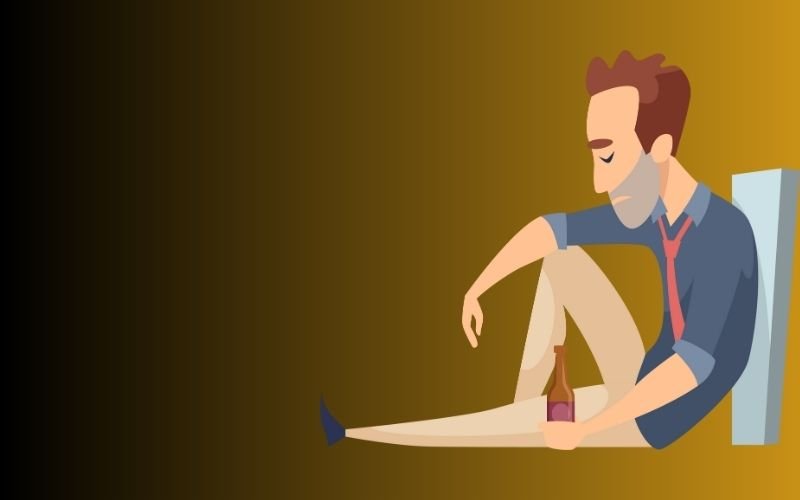Mastering Each Day After Overcoming Addiction: A Guide to Sustainable Recovery
Congratulations on your glorious journey of overcoming addiction! It takes tremendous strength, courage, and resilience to break free from any form of addiction.
Now that you're back and victorious, you’re entering a new chapter—a chapter that you can embrace every day with a new purpose and clarity. Brace yourself, because the maintenance after the clearance part of the addiction recovery journey is just as important as detox itself.
Recovery is not a destination but a lifelong journey; and managing each day after overcoming addiction requires dedication, self-awareness, and a personalized approach. While there isn't a one-size-fits-all type of solution, there are certain steps that you can take to support and empower yourself in your journey of long-term recovery.
Practice these steps to stay on top of your mental power on a daily basis!
1- Set clear goals and priorities
Imagine waking up each day with a sense of direction and purpose. Setting clear goals and priorities is the compass that will guide you toward a fulfilling and addiction-free life. Take some time to identify what truly matters to you.
Is it improving your relationships, pursuing a dream, working on your physical and mental well-being, or re-discovering yourself? By defining what really matters to you—both short-term and long-term—you are actually creating a roadmap for long-term success and laying the foundation for a purposeful life with clarity.
2- Create a new reality
There is a reason why one gets stuck in an addictive behavior. Usually, the choices we make keep us in the habit loop. These choices could be related to work, friends, relationships, or even our own personal development.
Think about it, if the friends in your circle are smokers, it’s likely that you’ll. get back to smoking. Or if your work is extremely stressful and you are using alcohol to cope, with that same exact job, you will be more susceptible to drinking again.
Without changing those past triggers, it may be inevitable to regress back. By creating new life circumstances that align with your values, you can move forward confidently.
Maintenance after detox is just as important as the detox itself. These small positive changes can help you stay on top of your newfound freedom!
3- Learn to “Urge Surf"
Urge surfing is a habit reversal mindfulness technique that is used by many psychotherapists and psychiatrists. It is very simple and helps surf the temptation momentarily. With urge surfing you can notice how much control you actually have over your thoughts.
Think of your urge as waves in the ocean. They come and go. Even though at times urges may feel very intense, eventually (usually within 5-15 minutes) they will come down and disappear out of your mind completely. If you pay attention to each urge like this and learn to surf with the waves, you will stay on top of your temptations. You can learn all the details of urge surfing and how you can use it to your advantage here.
4- Take it one day at a time
Thinking long-term can feel overwhelming at times. When you think about how difficult it’ll be to stay clean for the rest of your life, it can feel very discouraging. Instead, if you ask yourself "Can I choose not to do this, just for today?", most likely your answer will be yes.
5- Enjoy new activities
Enjoy activities that you couldn't do in the past because of the habit. For example, an ex-smoker can enjoy a quick coffee with friends instead of smoking on a work break. Someone who used to have an alcohol addiction can enjoy early morning walks that they couldn't do in the past because of drinking all night and sleeping in late.
6- Develop a healthy coping tool
Many people adopt addictive behaviors and substances because it helps them cope with difficult emotions. Instead, If you have a healthy way of coping such as taking a breath, stepping outside for a minute, or practicing meditation, you can deal with stressful situations effectively without regressing back to old habits.
Conclusion:
Remember that, recovery is a personal and unique journey. There was a time in your life when you didn’t have that substance or behavior in your life. You can do it!
Customize these strategies to fit your individual needs and circumstances. Be patient with yourself, welcome the challenges, and make sure to celebrate all the victories -big or small! With determination, compassion towards yourself and a strong support system, you have the power to create a life of long term recovery and freedom!

